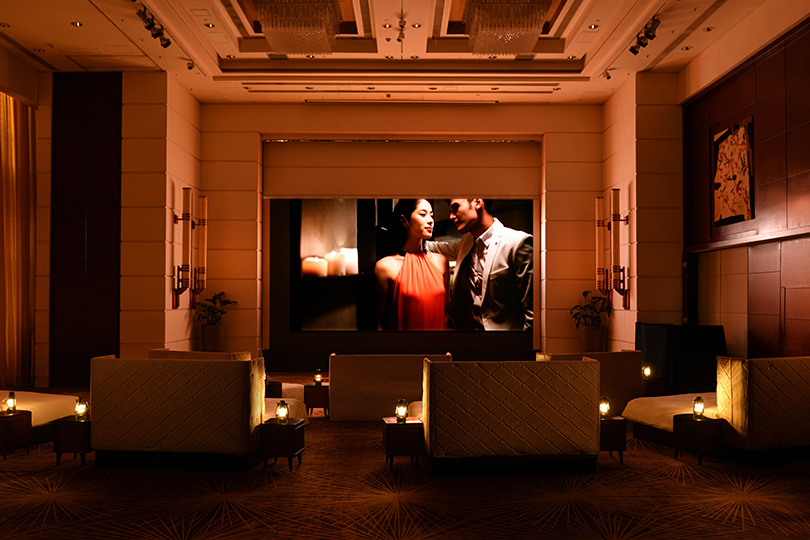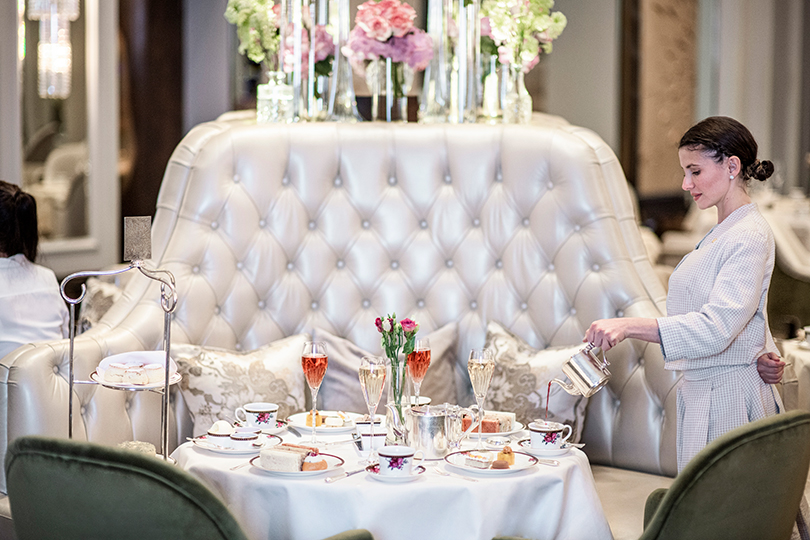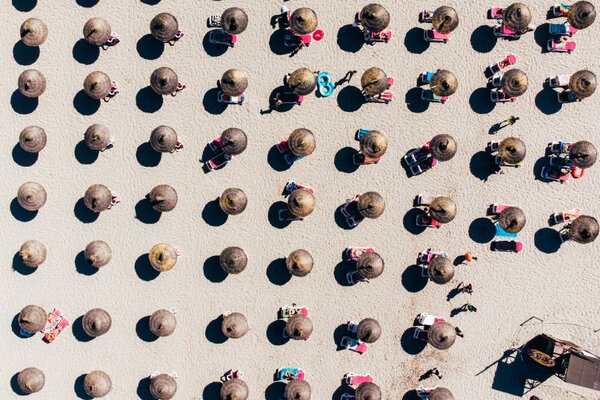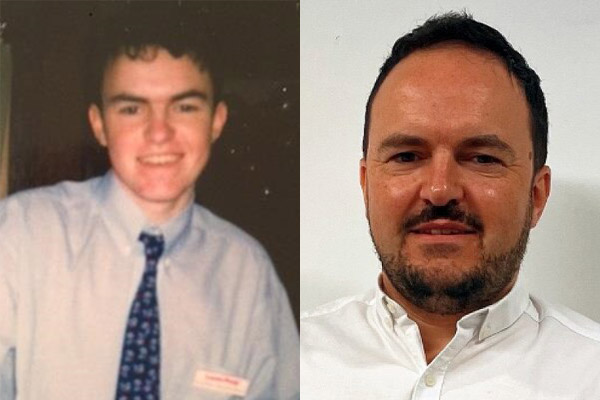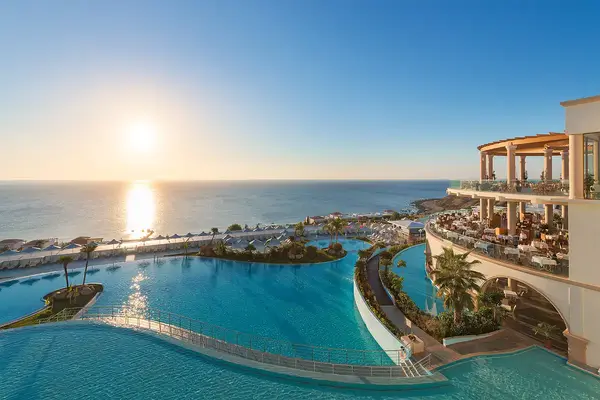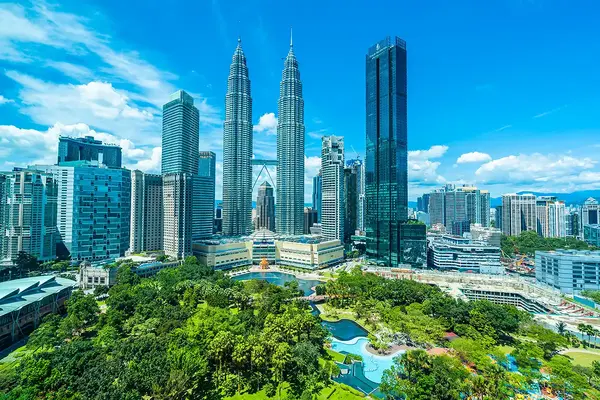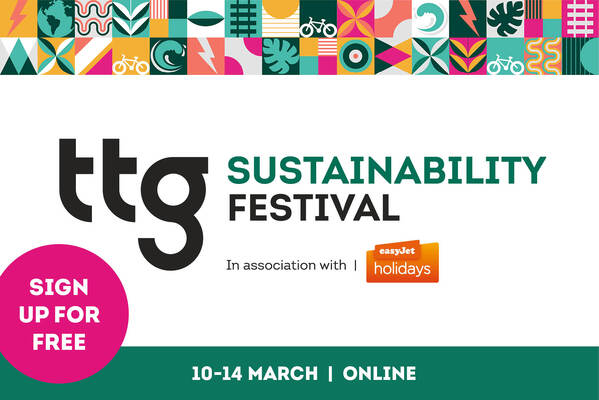“There is no going back to the way things used to be”
“I believe that the travel industry will not get out of this pandemic crisis stronger; we will, however, get out of this differently.”
There is no “back to the way things used to be” or “the new normal” – whatever that may mean. Everything is flipped on its head, and it is finally time for a reset.
It will be years, not months, for this recovery period in travel. Anyone who says differently is being wildly optimistic or incredibly naïve. Even if all travel restrictions are lifted, there is also the real fear that some people might have about flying or cruising to another destination for leisure or business. Hybrid meetings will be the way to go in the interim, and that will significantly impact how people interact, meet, stage conferences, holiday, exhibit or even hold weddings and other gala events.
Technology will play a colossal role but that is always a tricky proposition as things go obsolete very quickly. The tech that will change the hospitality industry will be more sophisticated usage of VR and AR to show what our guests and clients our products and services (amplified by the myriad of travel restrictions preventing in-person interactions); AI for predicting and anticipating guests’ needs and preferences; and the ongoing concept of the Internet of Things to help our hotels maintain the assets efficiently and more importantly, save energy.
Prior to the pandemic, the hospitality industry added US$3.4 trillion to the global economy every year and millions of people contribute significantly to their nations’ GDP, but very rarely is there a Minister or Secretary of Hospitality or Tourism. It is time for the hospitality industry to have a proper and official voice in the highest tiers of governments. The industry needs a seat at the table to ensure it is represented and protected. If this is successful, it could result in safety nets for the people working in the hospitality industry (all small and big stakeholders in the industry – cafes, restaurants, pubs, not just the hotels): I firmly believe it is necessary to give greater visibility, based on the industry’s enormous economic impact.
When it comes to vaccinations and the road to recovery – it’s a race among nations to achieve herd immunity. For countries that fall behind in vaccination rates, for the hospitality industry, it might mean that corporate and leisure travel, as well as the lucrative MICE market will bypass cities with lower vaccinated rates, resulting in potential losses in the billions of dollars.
We can never be over-prepared when it comes to managing a crisis or risk: I tell my team to be nimble, agile and adaptive to market changes, now more so than ever. International travel is so limited it is almost non-existent, so we focus on local, domestic business by promoting staycation packages at our hotels. With the pandemic situation still so volatile and continuing to change so quickly, businesses, especially the travel and hospitality industry, have to be prepared for the different scenarios, to pivot and to switch plans around quickly.
Being innovative led us to rethink the spaces and experiences at our hotels that we would have been hard pressed to do during the pre-pandemic years.
For example, Cordis, Hong Kong transformed its ballroom into a VIP screening theatre where guests are served popcorn and snacks whilst snuggled comfortably in king-sized beds and luxury linens. Trust me, it’s a completely different experience and environment from binging on Netflix at home.
At The Langham, Sydney, the hotel presented a Salon series celebrating the best of music at the hotel. Since guests are not able to visit the city’s world class theatres, the hotel hosts monthly events [with proper social distancing protocols] that take guests on musical and culinary journeys, featuring a line up from opera to classical to jazz. Among the celebrated artists on the Langham “concert circuit” include David Helfgott, the renowned Australian pianist whose remarkable life story was the subject of the Oscar-winning film, Shine.
We leverage on trends where we are also presented with a whole set of new opportunities. For example, with the rise of people getting pets during the pandemic, The Langham hotels in Sydney and Hong Kong seized the opportunity to create the Ultimate Pet Staycation, where guests need not worry about leaving their pets behind and can take them along on their getaways locally. As part of these novel offerings, the hotels included pet-sitting services, photography sessions and even designed an in-room pet dining menu.
Despite the current challenges, we need to continue to stay connected and understand our customers’ needs, work around the constraints, and provide solutions. The pandemic has been extremely challenging on a global scale and even more so for the travel and hospitality industry. However, it is also a catalyst for transformative change and an opportunity for reinvention.
We are in the business of people taking care of people. It’s what we do best and I am confident the industry will emerge with a redefinition of hospitality for the future.
• Stefan Leser is chief executive officer of Langham Hospitality Group
